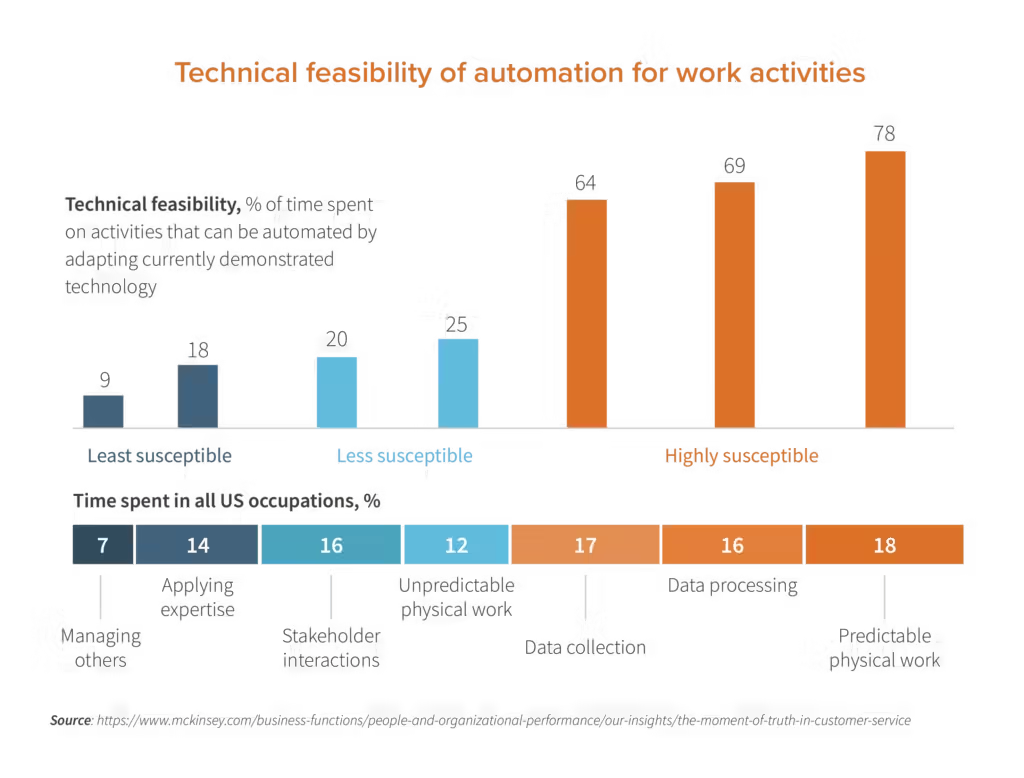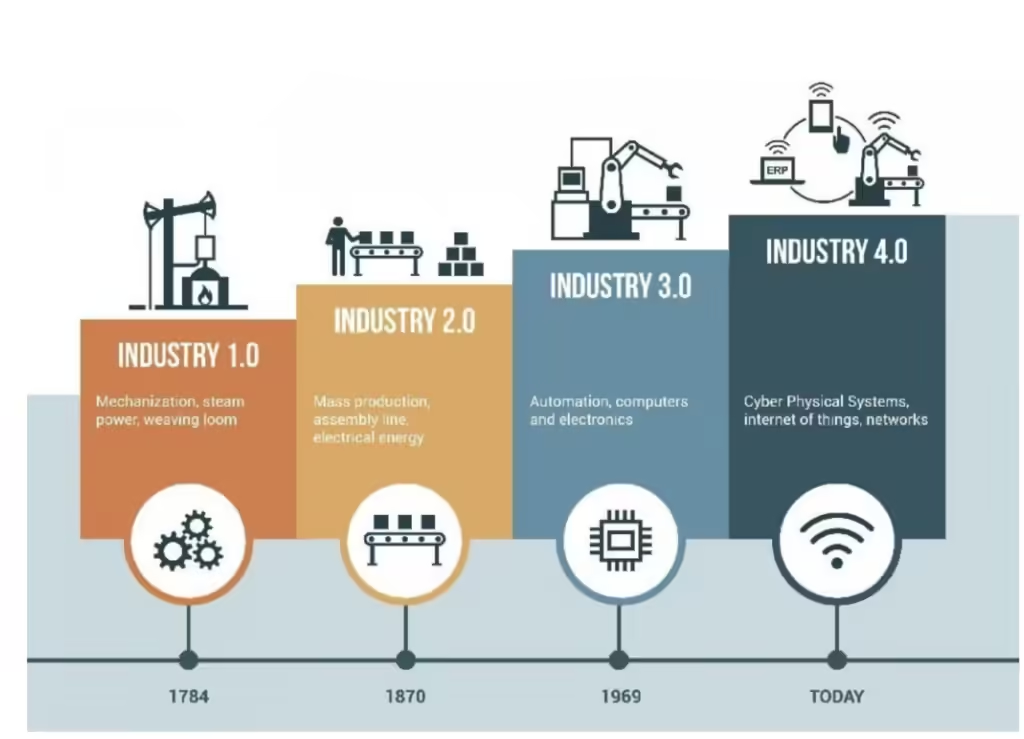The dawn of a new era of work is upon us.
The relentless march of technology, particularly automation and artificial intelligence (AI), is reshaping the very fabric of work. As machines become increasingly capable of performing tasks once thought to be the exclusive domain of humans, the future of employment and society hangs in the balance.
The Automation Revolution
Automation, the use of technology to perform tasks without human intervention, has been a driving force in economic growth for centuries. From the Industrial Revolution to the Digital Age, machines have taken over repetitive and labor-intensive jobs, freeing up human workers for more complex and creative endeavors.
However, the pace of automation is accelerating, fueled by advancements in robotics, machine learning, and AI. This raises concerns about job displacement, as machines become capable of performing a wider range of tasks, from manufacturing and logistics to customer service and even creative professions.
The Rise of AI
AI, the ability of machines to learn and reason, is taking automation to new heights. AI-powered systems can analyze vast amounts of data, make complex decisions, and even generate creative content. This has the potential to revolutionize industries, from healthcare and finance to transportation and entertainment.
While AI offers immense opportunities for innovation and economic growth, it also poses significant challenges. As AI systems become more sophisticated, they may replace human workers in a wider range of jobs, leading to job losses and increased inequality.

The Impact on Employment
The impact of automation and AI on employment is a complex and multifaceted issue. While some jobs may be lost, new ones are likely to emerge. However, the nature of these new jobs will be different, requiring workers to possess a different set of skills.
To thrive in the age of automation and AI, workers will need to acquire new skills, such as critical thinking, problem-solving, creativity, and digital literacy. Lifelong learning will become essential, as workers will need to continually adapt to changing technological landscapes.
The Social Implications
The future of work has far-reaching implications for society. As automation and AI reshape the labor market, governments and businesses will need to work together to ensure a just and equitable transition. This may involve policies such as universal basic income, job retraining programs, and investments in education and infrastructure.
Additionally, the rise of automation and AI raises ethical questions about the role of technology in society. As machines become more capable, we must consider the potential for bias and discrimination in AI systems, as well as the impact of automation on social and economic inequality.
The Way Forward
The future of work is uncertain, but one thing is clear: we must embrace change and prepare for the challenges and opportunities that lie ahead. By investing in education, training, and innovation, we can ensure that the benefits of automation and AI are shared by all.
Key Takeaways:
- Automation and AI are reshaping the future of work.
- While these technologies offer immense potential for innovation and economic growth, they also pose challenges, such as job displacement and increased inequality.
- To thrive in the age of automation and AI, workers will need to acquire new skills and engage in lifelong learning.
- Governments and businesses must work together to ensure a just and equitable transition to a future of work powered by automation and AI.

Let’s Start the Conversation
What are your thoughts on the future of work? How can we prepare for the challenges and opportunities posed by automation and AI? Share your insights and join the conversation on social media using the hashtag #FutureOfWork.
with visually appealing elements, we can create a powerful and informative article that resonates with readers and sparks important discussions about the future of work.



